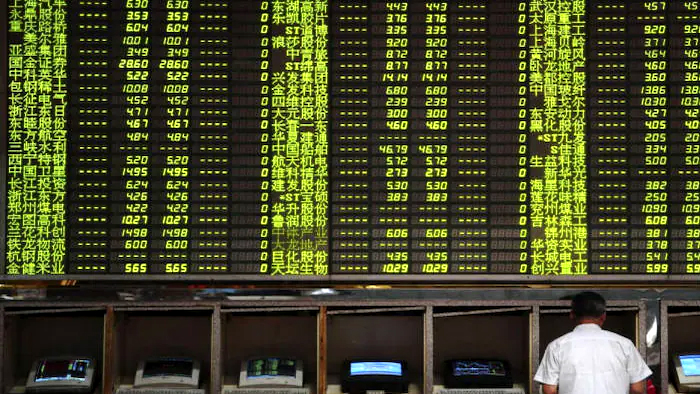Asian equities hit 7-month highs, and the Australian currency rises due to rapid inflation.

After some regional markets reopened following holidays on Wednesday, Asian equities reached their highest levels in seven months, while the Australian dollar touched multi-month highs as rising inflation made higher interest rates more likely.
Although it traded below the day’s high, MSCI’s largest index of Asia-Pacific shares outside of Japan increased by 0.2% to a seven-month high. Nikkei rose 0.4%, Singapore rose 1.6%, and South Korean stocks rose 1.3%.
Due to the Chinese and Taiwanese markets still being closed for the Lunar New Year holidays, trading volume was low.
Related: With rising crude prices and optimism about China, Asian stocks rise before the holiday.
With German DAX futures easing 0.2% lower and FTSE futures remaining stable, European markets were poised for a dismal beginning. The Eurostoxx 50 futures were down 0.3%.
S&P 500 E-mini futures were down 0.5%, while Nasdaq futures fell 0.8%.
After a disastrous year in 2022, equities have seen significant increases this year due to the anticipation that inflation is about to peak and the increase in U.S. interest rates will slow down. China reopening its borders and removing COVID regulations has boosted investor sentiment even more.
According to Rabobank global strategist Michael Every’s research, “the market continues to price for a dream scenario of inflation peaking then falling quickly, but not overshooting to the negative; just the very mildest of recessions by any historical criteria.”
The MSCI Asia index fell nearly 20% in 2022 before rising 9% so far this year.
After firms revealed higher-than-anticipated profits and issued dire predictions for the coming year, U.S. stock indices ended the day with a mixed performance. According to the data, economic activity in the United States fell for the sixth consecutive month in January.
The majority of Microsoft’s (NASDAQ:MSFT) stock’s 4% gains from after-hours trading were lost. Better-than-expected earnings from the software giant demonstrated some resilience in the face of a fragile economy, but lacklustre revenue growth portended more challenging times for the industry.
Tuesday’s closing high for MSCI’s all-country world index was the highest in five months.
Stronger-than-anticipated economic data in Europe helped to allay market concerns about a severe recession there, but even with falling oil prices easing inflationary pressure, interest rates are still projected to rise.
As signs of an approaching recession in the United States were balanced by a more optimistic growth outlook for the euro zone, the euro crept closer to a nine-month high of $1.0927 against the dollar.
After a shocking increase in inflation to a 33-year high in the final quarter of 2022 strengthened the argument for the Reserve Bank of Australia to maintain hiking interest rates, Australian equities markets slumped 0.3% on Wednesday.
Investors have significantly reduced the likelihood that the RBA will raise its cash rate by a quarter percent to 3.35% when it meets on February 7.Prior to the speed of inflation picking up, some analysts had speculated that the RBA may suspend its tightening effort.
After New Zealand announced annual inflation of 7.2% in the fourth quarter, below the central bank’s expectation of 7.5%, the New Zealand dollar fell.
Related: Japan’s Nikkei goes up a lot, and Asian stocks go up slowly as a result of the dovish BOJ.
After dipping in the previous session as preliminary data showed a larger-than-anticipated increase in U.S. oil stockpiles, U.S. crude oil prices were unchanged at $80.3 per barrel.
Prices for gold dropped to $1,927 per ounce, a nine-month low from the previous session’s high.





